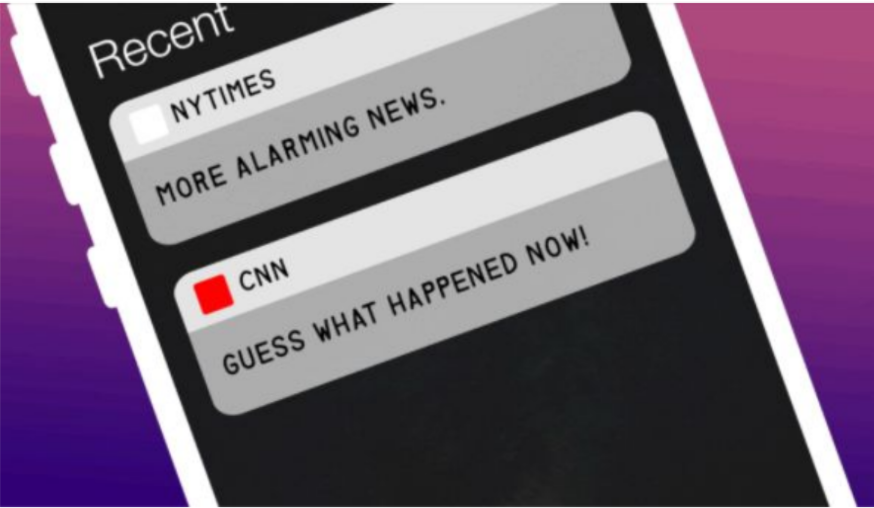Violence in the Media: How it Could be Affecting You
Contributions from Alina Cole, Gianna James and Christian Horchler
December 16, 2020
One way to explain why people become numb to violence through the media is desensitization. By definition, desensitization is the gradual exposure to different stimuli or experiences that impart negative or positive reactions. Desensitization can correlate to how violence in the media can gradually make us number and number in our thoughts about violence. The article “Violence in the Media” says that the National Institute of Mental Health, in 1982, identified three major effects children experience from seeing violent media. The results were that they became less empathetic to others’ pain, they were more fearful of society, and they increased in aggressive behavior. The researchers in the study went on to find that children who watched a higher amount of violent TV when they were younger were more likely to be arrested and prosecuted as adults. The article “Media Violence” from the AAP News & Journals Gateway, states that “American children between 8 and 18 years of age spend an average of 6 hours and 21 minutes each day using entertainment media”. Limiting the content you consume is imperative to your mental health.
The media has so easily exposed us to the violence going on all around around the world. And while it’s good to stay aware, excessive amounts can be disastrous and detrimental, leading to desensitization which can affect both your mind and soul. Make sure to talk about how you feel with people you trust as it is important to take some time away to reflect on yourself. Video games appear to be the primary source of violence in teens as they include fighting and/or “killing another character”. Some games are not as violent such as “Toy Blast”, “Mario Kart”, and so much more. Parents should help their kids so that they do not have a violent and aggressive future. Everyone is affected by the news on the tv and/or phone notifications, as it’s around us at all times of the day. The reason this is sad is because most teens have a phone and get notifications to let them know what’s going on in the world. Some news is good and some news is bad.
The bad news normally would frighten or stress someone out, but if there is repeated violence happening around people may become “used to it”. They may start to not care or notice that an act of violence is happening around them because they could have become numb to the violence in the media. Social media is also a place of concern as you never know what you’re going to see next, report anything you see that is distressing. And speaking of reporting, Content Moderators are often overlooked. If you didn’t know, Content Moderators go through all the content that is reported on your socials. When in all actuality, they’re exposed to the most violence and explicit content the media has to offer. Content Moderators have been brushed over when it comes to being given resources. Therapy is offered in healthcare plans but it doesn’t work to its effectiveness for a lot of moderators. Big companies give pay raises, most notably Facebook, but it doesn’t work out well for them. Quitting is a last resort option for many moderators as they would be losing their job, so many don’t quit and they remain in toxic environments.
After all of that, you might feel depressed, I sure do, so what’s the solution to this? If you notice emotional changes after consuming any sort of media, it may be time to take a break from that sort of content. Set limits to the amount of media you consume in a day, turn off post notifications for apps like CNN or other news outlets, you can even follow Instagram accounts such as @tanksgoodnews to consume some positive news for once, and in serious cases, it may be good to see a therapist or counselor.




Edna Venkatraj • Dec 16, 2020 at 12:36 pm
Excellent article. Very good information. Good to know about Content Moderators, and for the counseling they’re provided for their own struggles dealing with the information they have to process.